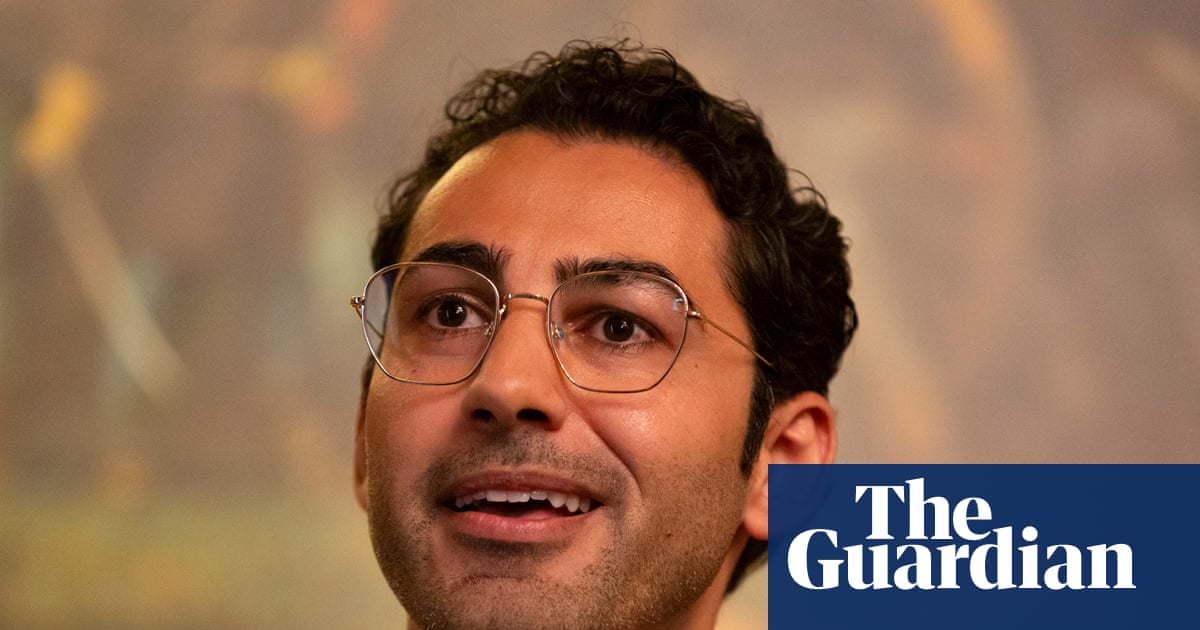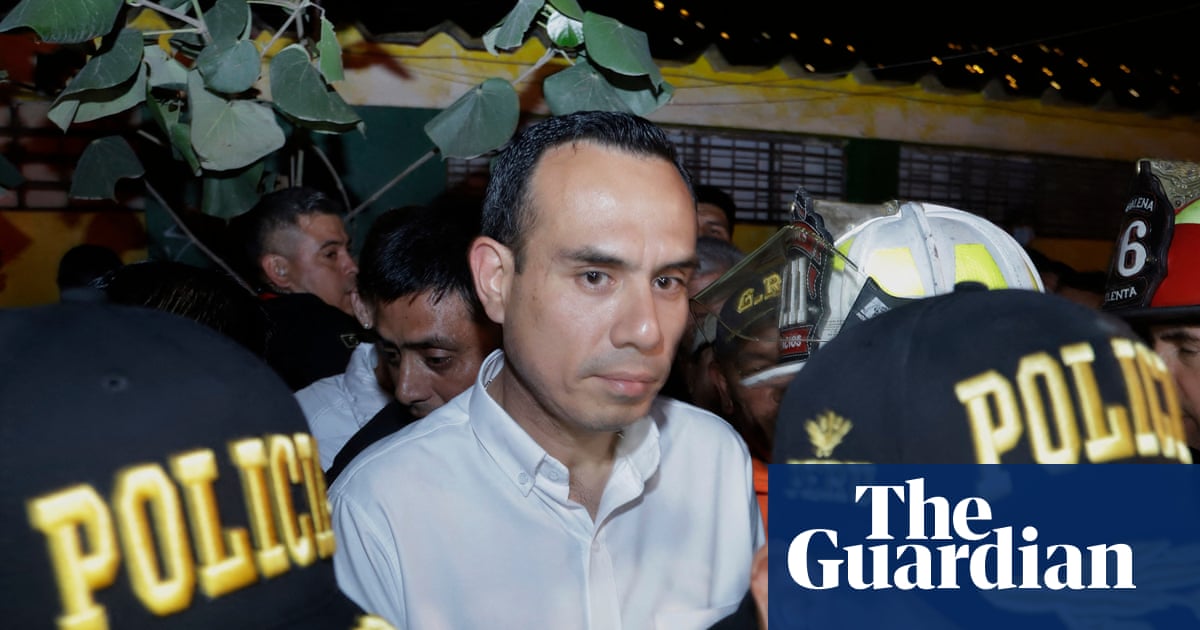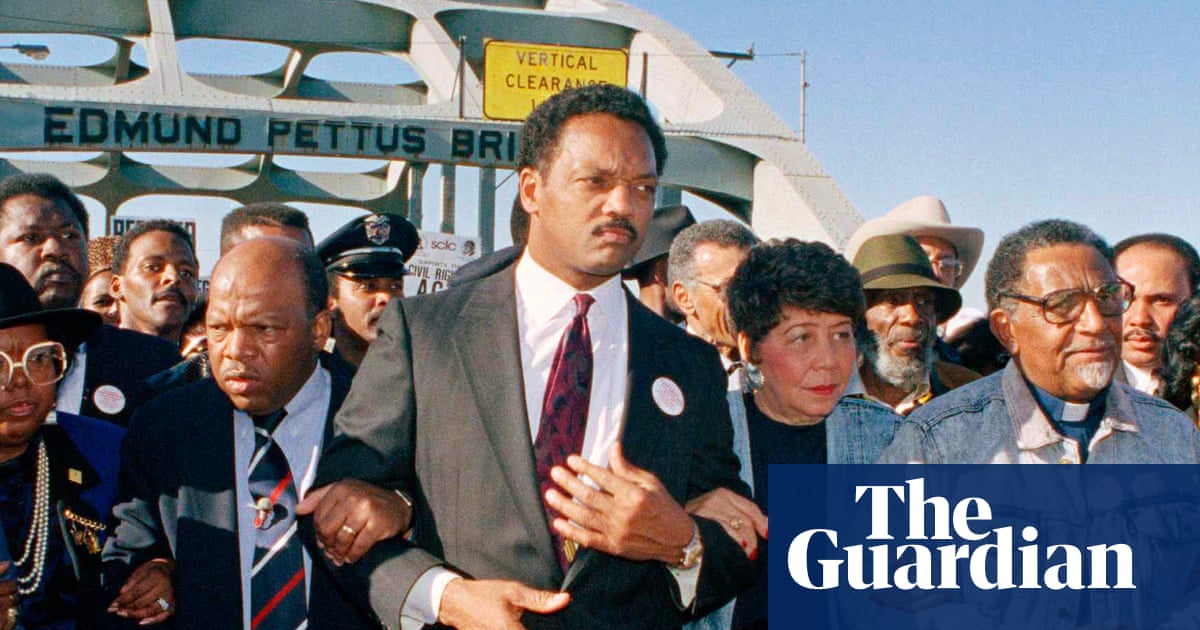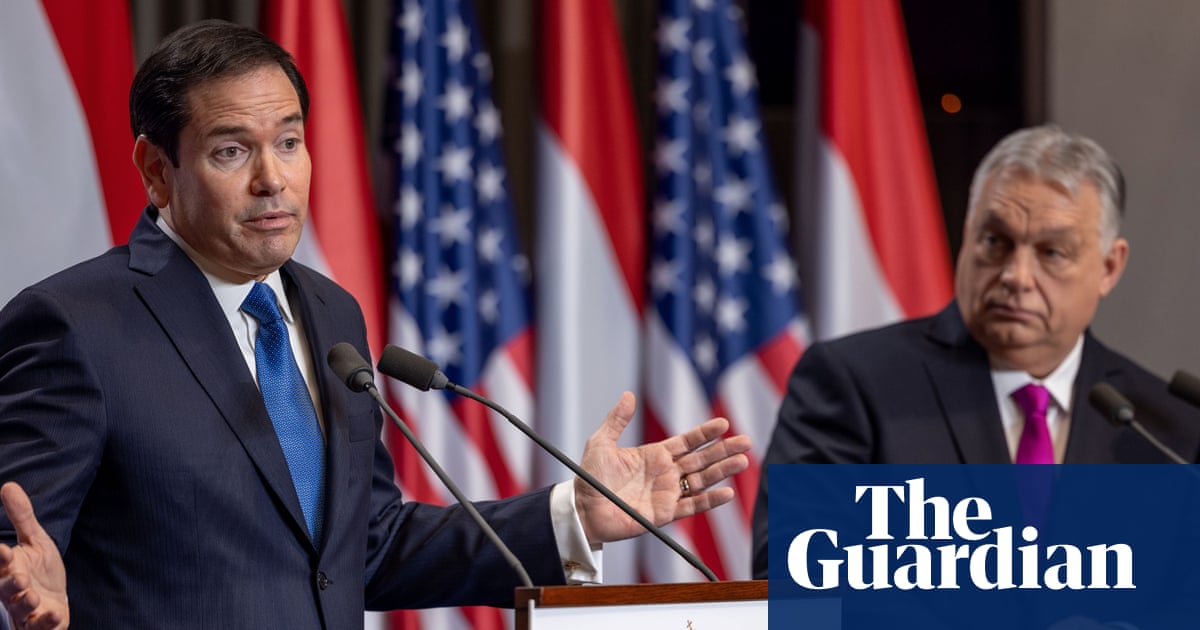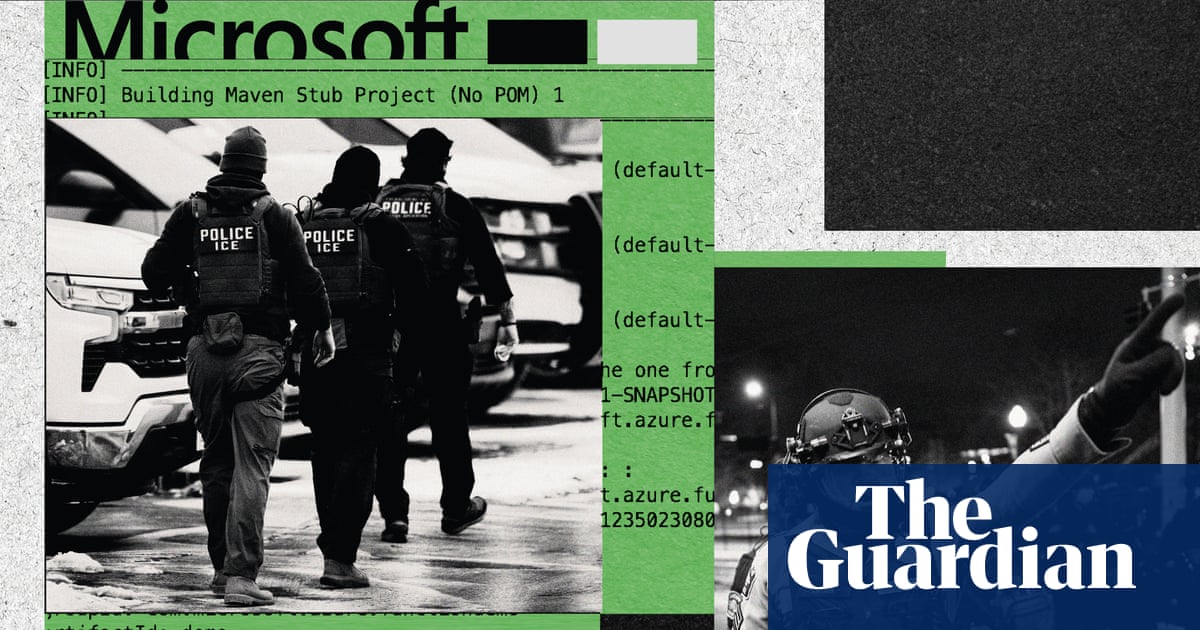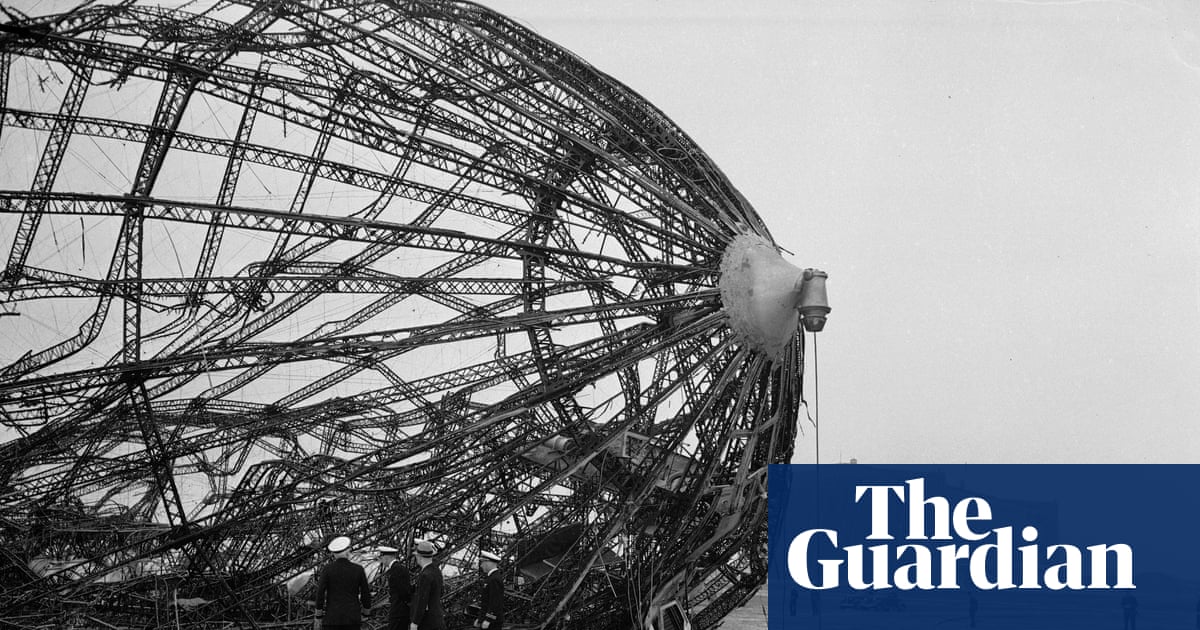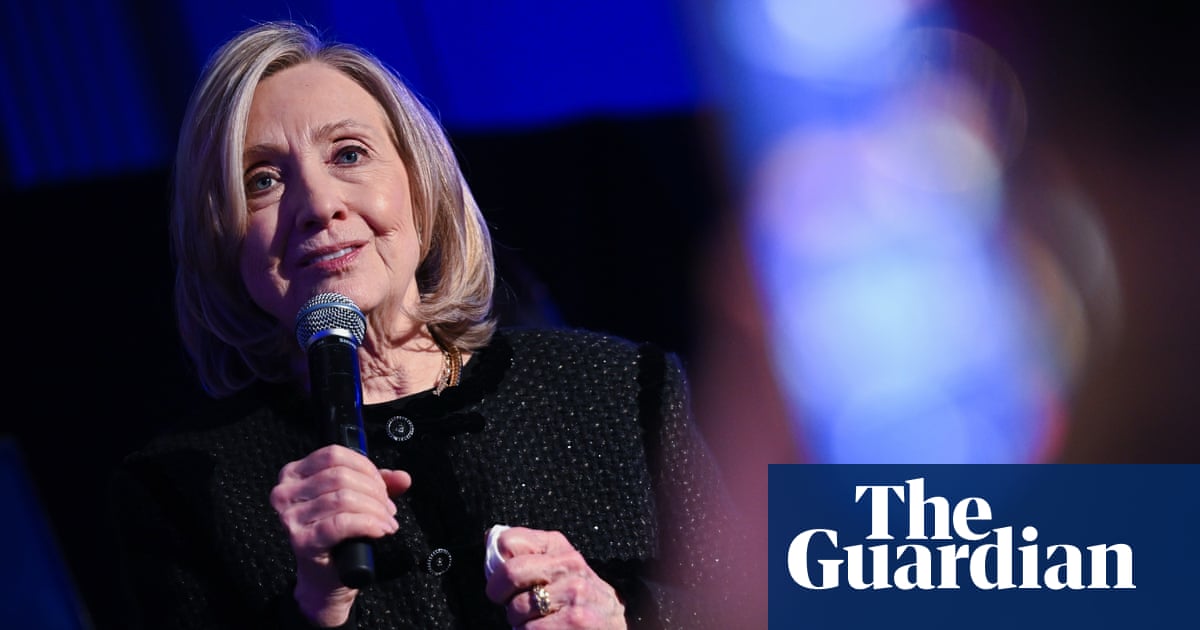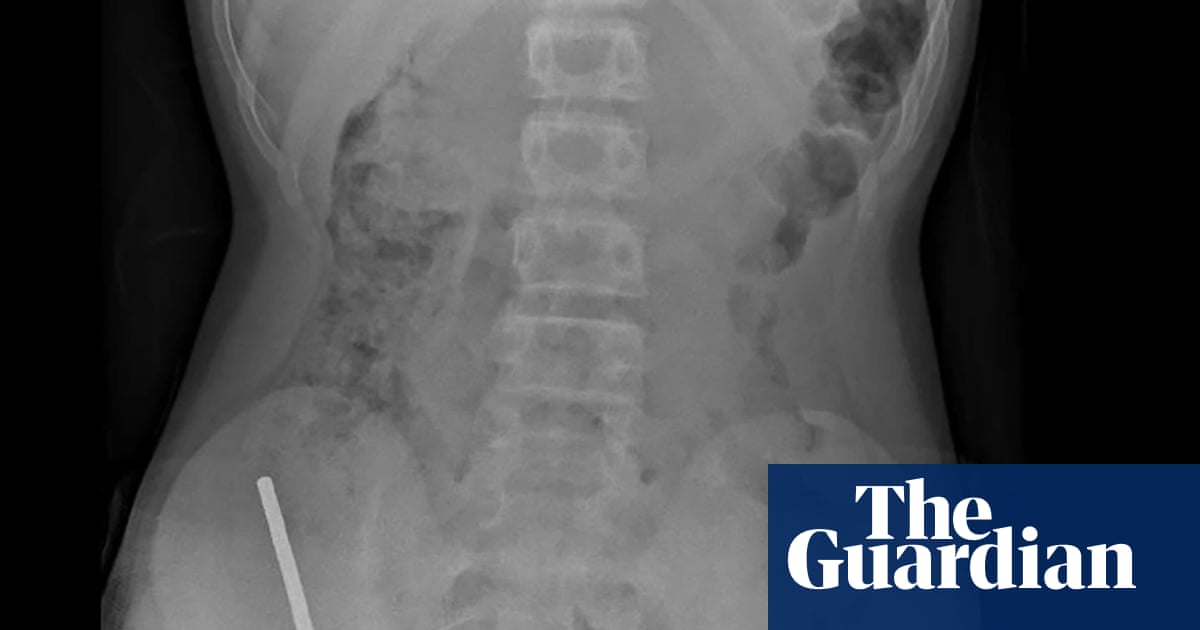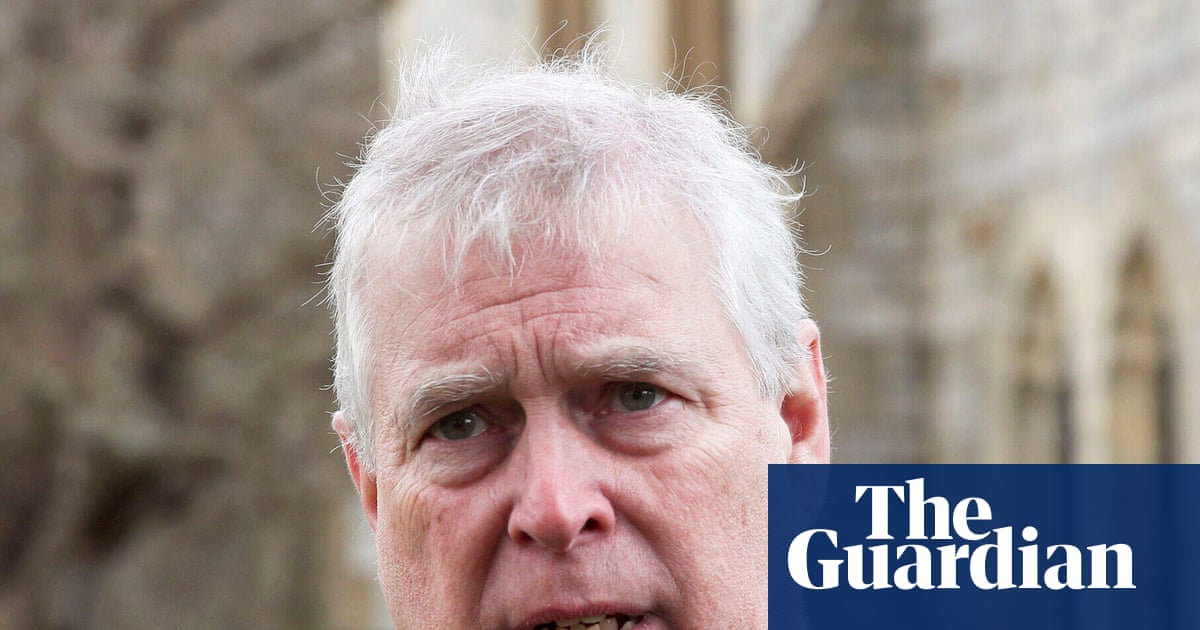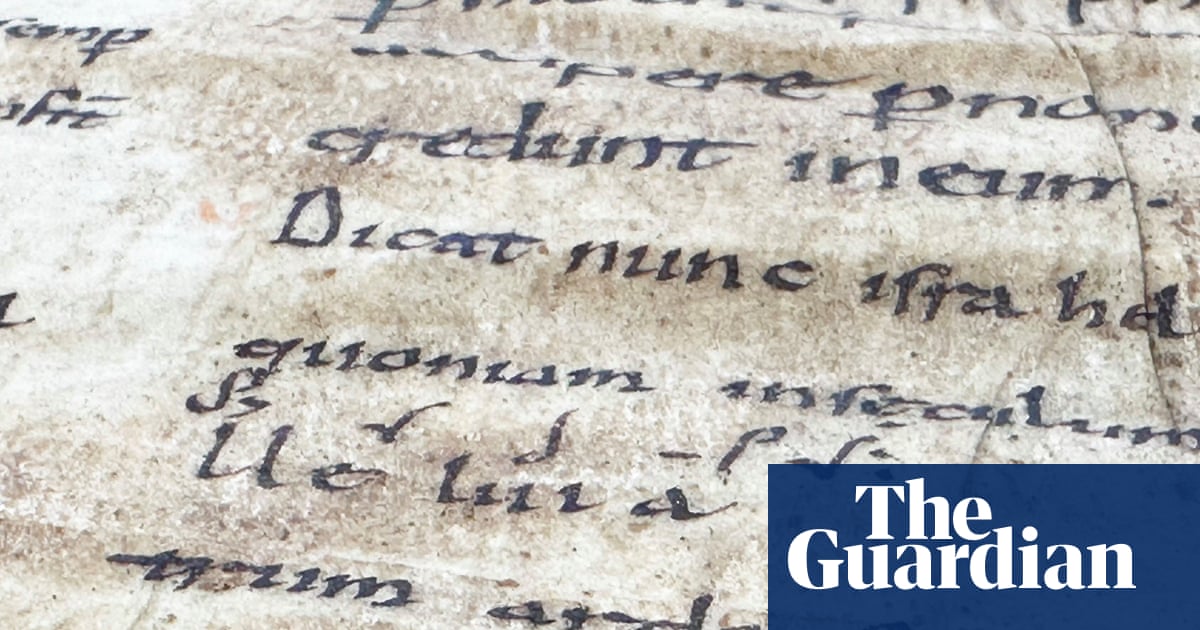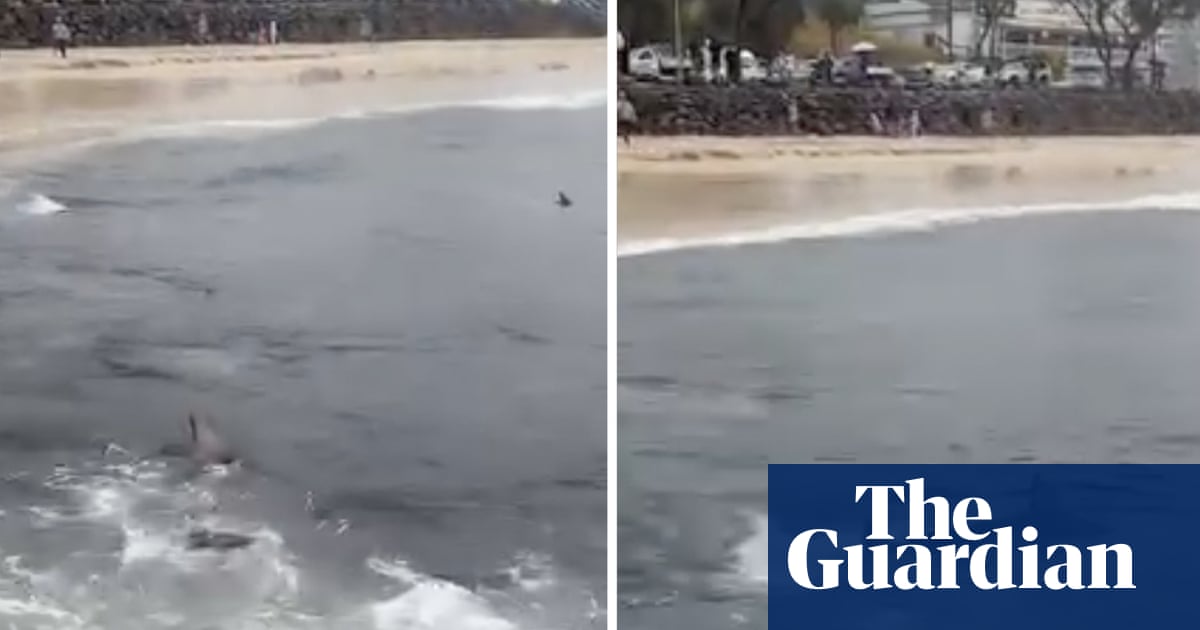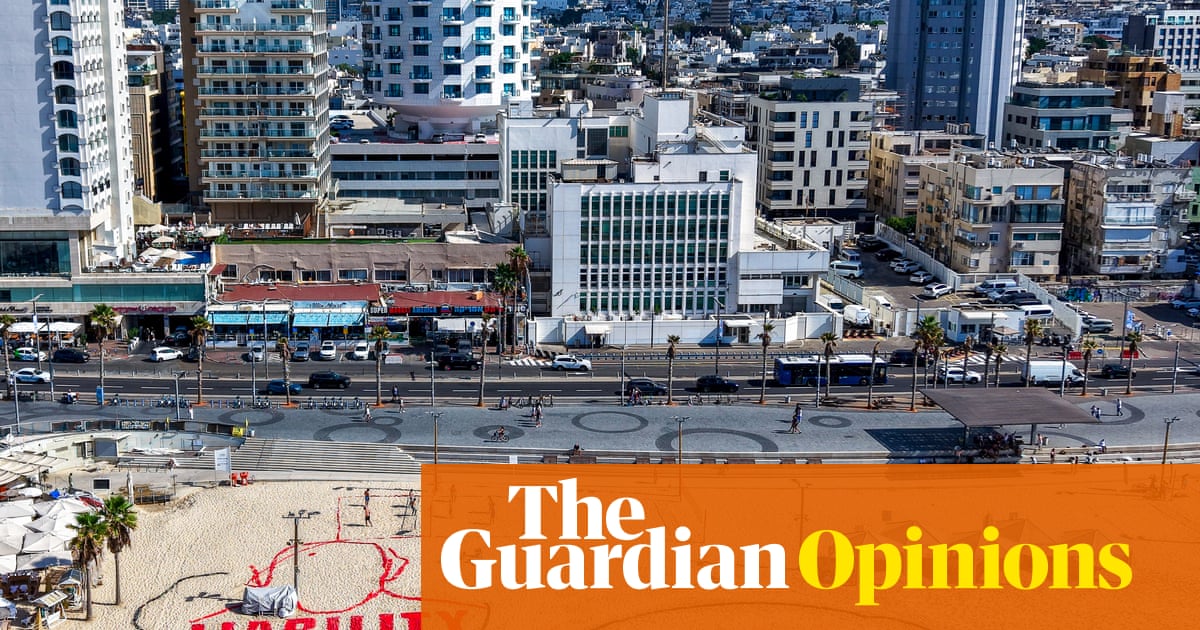Police have carried out raids and made several arrests across the Indian region of Kashmir in the aftermath of a car explosion in Delhi that left 13 people dead.
On Wednesday, the Indian government confirmed it was treating the blast as a “terror incident” perpetrated by “anti-national forces”. The explosion took place outside one of India’s most significant monuments during rush hour on Monday evening.
Initially, eight people were confirmed dead, but the figure had risen to 13 by Friday as more victims succumbed to their injuries. It is one of the deadliest terror attacks to target India’s capital in more than a decade.
Narendra Modi, the Indian prime minister, described the incident as a “conspiracy”, while his home minister, Amit Shah, pledged to “hunt down each and every culprit behind this incident”.
The authorities have yet to make any formal announcement about who they believe to be behind the attack. Unofficially however, Indian investigators have said inquiries are ongoing into “an interstate and transnational terror module” that was targeted by the police in the days before the explosion.
An investigation into the group began last month, after posters promoting the Pakistan-backed armed terror group Jaish-e-Mohammad appeared in Srinagar, the main city in Indian-administered Kashmir. The region has long been disputed by India and Pakistan, and since the 1990s, the Indian-controlled south has faced a militant insurgency backed by Pakistan.
Seven people were arrested as a result of the inquiries, including two Kashmiri doctors working in other Indian states. During a raid of one of the doctors’ homes in the city of Faridabad, in Haryana state, police said they had uncovered 2,900kg of explosives materials as well as chemicals, detonators and assault rifles, which they now believe were being readied for a multi-target attack.
Though they have yet to directly link the group to the Delhi blast, police have described the network as a “white-collar ecosystem involving radicalised professionals and students in contact with foreign handlers operating from Pakistan and other countries”.
The day after the arrests, a white Hyundai car travelled from Haryana to central Delhi. After some time waiting in a car park in the bustling old quarter of the city, the driver pulled out into busy Monday evening traffic. Shortly afterwards, the car exploded with huge force, throwing bodies into the air and setting surrounding cars and rickshaws alight.
On Tuesday, a case was registered under India’s anti-terror laws and the investigation was taken over by India’s National Investigation Agency, which oversees terror cases. Police in Kashmir have since ramped up their raids and arrests across the region.
Investigators have alleged that the car was being driven by another Kashmiri doctor from the village of Koil, 20 miles south of Srinigar. One of the doctors arrested the day before was also from Koil, and both were
working at the same medical college in Faridabad.
Koil residents described both men as accomplished doctors known for their impressive academic records, and expressed shock at the allegations against them. Their two families denied knowing one another.
Police arrived at the home of the alleged driver just hours after the blast, searching the premises, confiscating all mobile phones and detaining several family members for questioning. Despite not formally confirming the doctor’s involvement, by Friday morning the authorities had demolished his home in an apparent case of “bulldozer justice” – a widespread but illegal tactic used by the Indian authorities to punish those accused of crimes against the state.
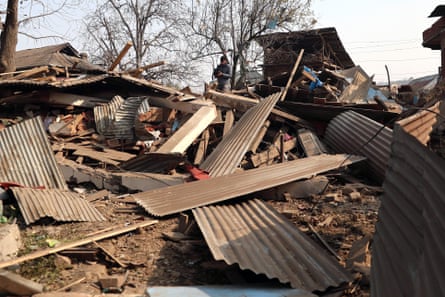
According to Kashmir police, the seven people previously arrested in the terror network case had links with both Jaish-e-Mohammad and Ansar Ghazwat-ul-Hind, an Islamic State affiliate operating in Kashmir. This could not be verified by the Guardian.
India’s response to the Delhi blast has been markedly restrained in contrast to the last terror attack that took place on its soil. When more than 20 Hindu tourists were shot dead in Pahalgam, Kashmir, in April, the Indian government blamed Pakistan and launch cross-border drone and missile strikes. Pakistan responded in kind, pushing the two countries to the brink of all-out war.
In the aftermath, the Indian government firmly stated that any more Pakistani terror attacks would be seen as an “act of war”. However, the more restrained language used this week by Modi’s cabinet is seen by some to reflect uncertainty over who may have been behind the latest attack and the alleged wider terror plot.
Police in Kashmir said they remained “on high alert to prevent further incidents”. A senior officer added: “Multiple agencies have conducted raids to disrupt terrorist activities. Investigation is ongoing, and we are monitoring all suspicious activity closely.”

 3 months ago
51
3 months ago
51
